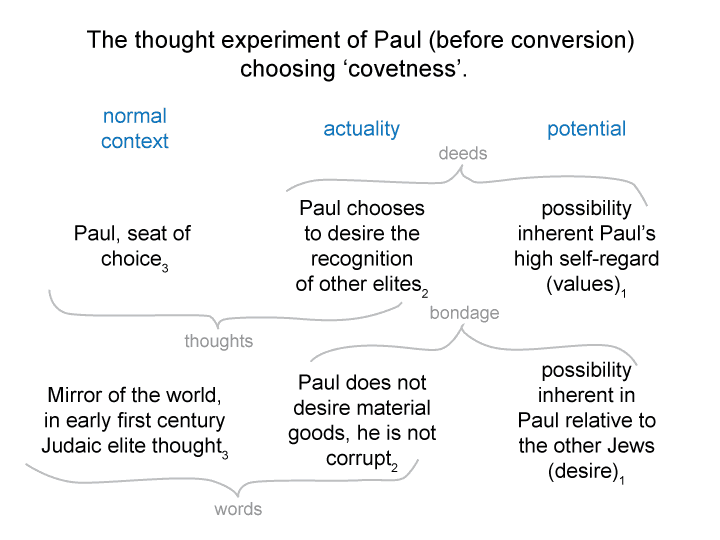Man and Sin by Piet Schoonenberg (1964) 2.3 LH
Maybe, the enhanced economic performance of (what later was negatively labeled) “the Christians” permitted the Roman Empire to survive as long as it did.
This conclusion flies in the face of massive tomes, carrying titles like The Rise and Fall of the Roman Empire.]

